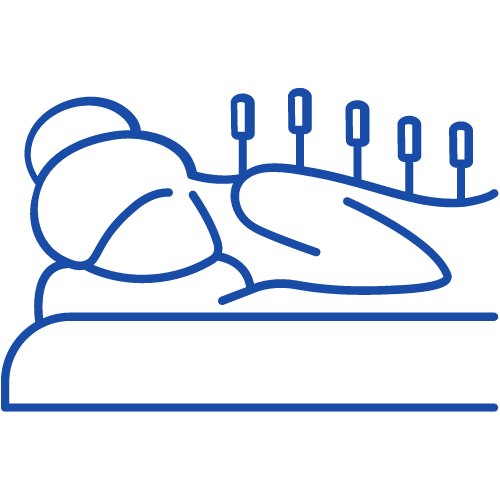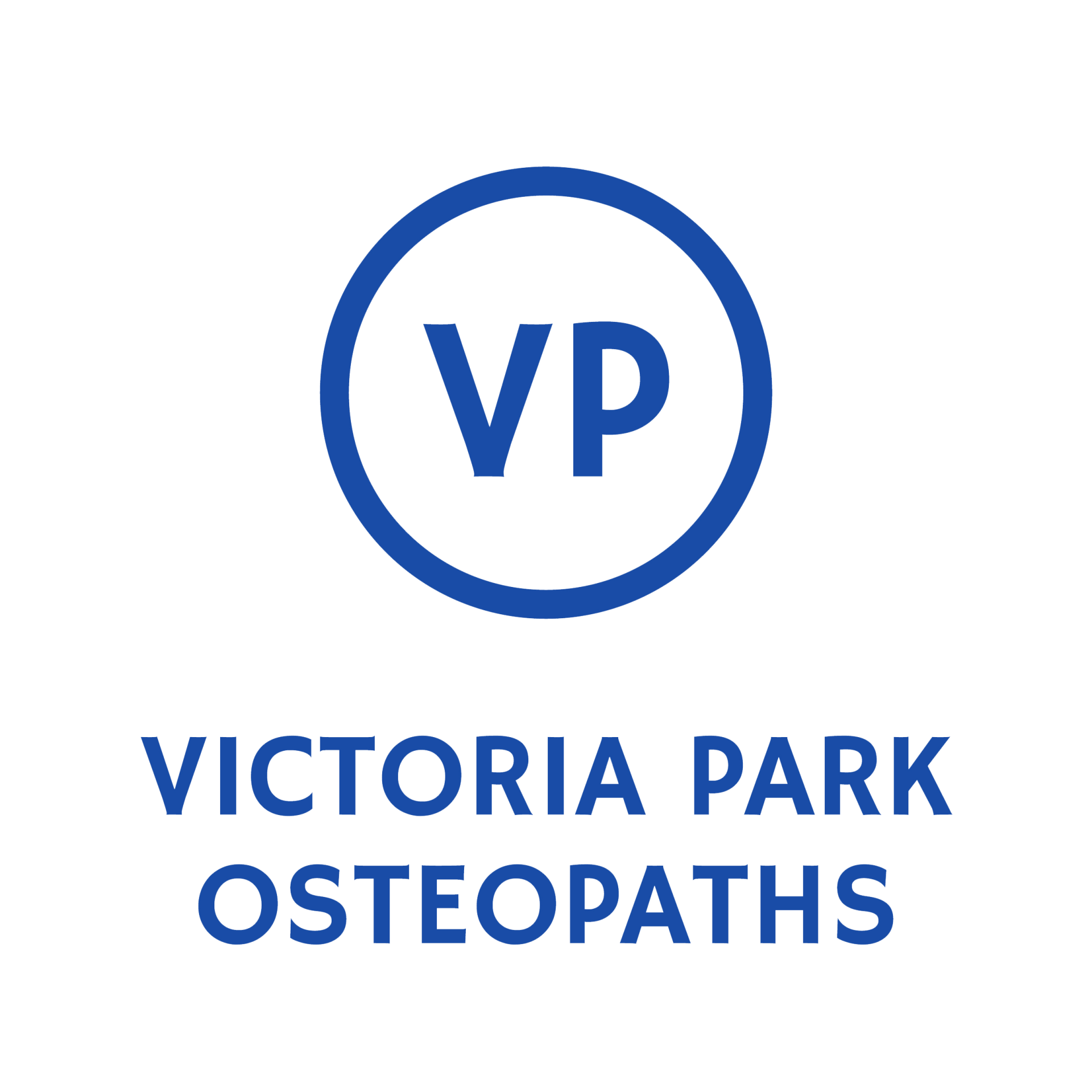What is Medical Acupuncture?
Western Medical Acupuncture is a therapeutic modality involving the insertion of fine needles; using current knowledge of anatomy, physiology and pathology, and the principles of evidence-based medicine.
Medical Acupuncture works by stimulating the nervous system to:
- Trigger the release of chemicals and/or hormones that affect the perception of pain
- Increase blood flow in the area to promote healing response
- Reduce muscle guarding via the needling of trigger points.
What does Medical Acupuncture help with?

Medical Acupuncture can help with the treatment of most musculoskeletal presentations such as:
- Neck pain
- Lower back pain
- Rotator cuff injuries
Medical acupuncture also helps with the treatment of non-musculoskeletal complaints, for example:
- Headaches
- Stress
- Vertigo
- Sinusitis
- IBS (Irritable Bowel Syndrome)
- Irritable bladder syndrome
- Women’s health concerns such as dysmenorrhoea
and many more.
What is the difference between Medical Acupuncture and Traditional Chinese Acupuncture?
Medical Acupuncture, or Western Medical Acupuncture (WMA) is a treatment involving the use of fine needles (similar to Traditional Chinese Acupuncture) based on modern science and knowledge of anatomy, physiology and pathology (as opposed to the Chinese Medicine concept of meridians, points, and “qi” running through them).
Medical Acupuncture can only be practised by doctors and other primary healthcare professionals who have undertaken postgraduate training with the British Medical Acupuncture Society (BMAS).


